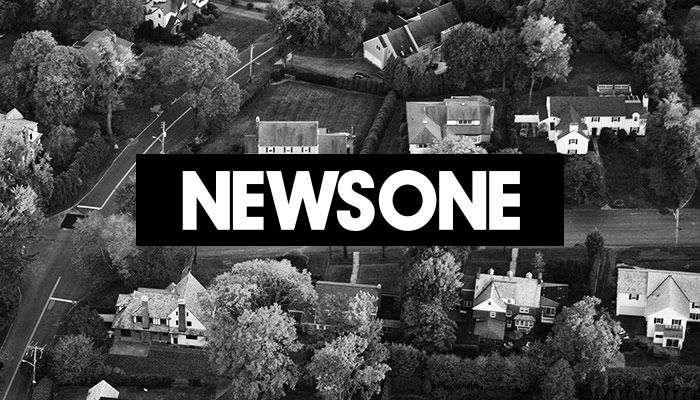Gentrification Targets Black-Owned Bookstore After Go-Go Fight In DC
Amid Go-Go Fight, D.C. Gentrification Threatens Important Black-Owned Bookstore
The negative effects of gentrification, especially in Black communities, has caused outrage around the country. Washington, D.C., in particular, has made national headlines following showdowns between the city’s new and longtime residents that many saw as a battle to preserve Black culture in the District.
Now, after the forces of gentrification tried to come for the city’s signature go-go music, its sights have been set on one Black-owned bookstore located in a historic African American neighborhood, where its downfall could deal a crushing blow to the city’s Black residents.
Sankofa Video, Books and Cafe was founded in 1998 by filmmakers Haile and Shirikiana Aina Gerima and named after their acclaimed film. According to their website, the store’s symbol, the Sankofa Bird, looks backward constantly checking as she moves into the future. But with the rising property taxes in D.C.’s first ward, the store is barely hanging on.
“Being in D.C. has been a lot of work in terms of our relationship with the city,” Shirikiana said. “Now with gentrification, the relationship has become more hostile so that the taxes we have to pay each year – $30,000 – is completely outrageous.”
Nestled directly on Georgia Avenue in northwest Washington, Sankofa has helped to shape young minds, some of whom attended Howard University, which is located just across the street. It offers a safe space for African languages to be spoken, African food to be enjoyed and African books to be read. The bookstore also hosts events where patrons can explore Pan African themes and much more.
The owners have taken their fight to the D.C. City Council in hopes of getting a tax abatement to alleviate them of that financial burden for 10 years. A public hearing about it was scheduled for Monday morning.
https://twitter.com/KenCam919/status/1133523613020241921
“I don’t want the city to feel like they’re doing me a favor,” Shirikiana said. “They should be saying ‘thank you Lordy’ because businesses like this have contributed to the strength of the city.”
A few famous faces have also stopped by the famed bookstore over the years. For instance, Solange spoke and performed at Sankofa and showed her support by purchasing 250 books for her fans in 2017.
“We quickly saw how important it was for people to have a place to talk about things,” Shirikiana remembered. “We wanted a place where producers of culture—authors—could come and see their readership eye-to-eye.”
The owner of Loyalty Books, another Black-owned bookstore in the nearby Petworth neighborhood, said that what is happening at Sankofa affects her and other businesses owned by Black folks in D.C.
“Sankofa is an institution, holding down representation in gentrifying Washington, D.C. They are kind of a beacon. So we are definitely affected by what’s happening,” says Hannah Oliver Depp.
Through its Support Sankofa website, there were calls for help from the community the bookstore has served for the past 20 years. Patrons were invited to attend the public hearing to show solidarity in numbers and encourages them to email council members a letter of support.
The news about Sankofa came on the heels of an ongoing cultural tug-of-war between gentrifiers and residents and business owners in the same historically Black neighborhood of Shaw.
For example, for more than two decades, a Metro PCS store on the corner of Florida Avenue and 7th Street in Shaw has played go-go music from speakers outside the establishment. But new residents, living in a luxury apartment in the community, reportedly complained about the music. However, the music didn’t stop and there was an epic, peaceful protest, dubbed as #Moechella, that took place earlier this month.
And after white dog owners were told to stop walking their pets on Howard’s campus last month, one gentrifying resident was serious when he suggested that the HBCU should just relocate from the historic campus its called home for more than 150 years.
Gentrification in the nation’s capital reached a grim milestone around 2011 when the Black population of the former “chocolate city” fell below 50 percent. The influx of young white millennials has changed D.C.’s racial makeup. African-American residents in the historically black Shaw-Logan Circle area plummeted from 65 percent to 29 percent between 1990 to 2010, according to census data.
SEE ALSO:
No, You Do Not Live In A Racial Utopia
Cops Whitesplain Their Delay To Arrest Woman Who Pulled A Gun On Black Couple Picnicking
















